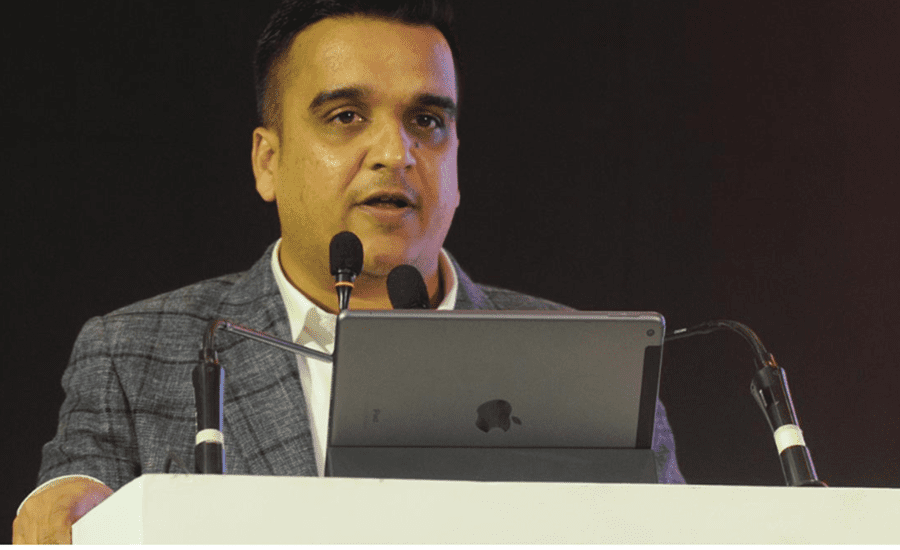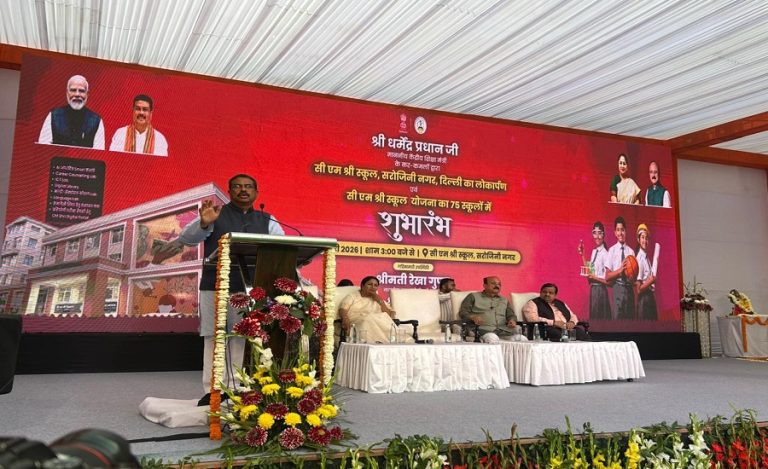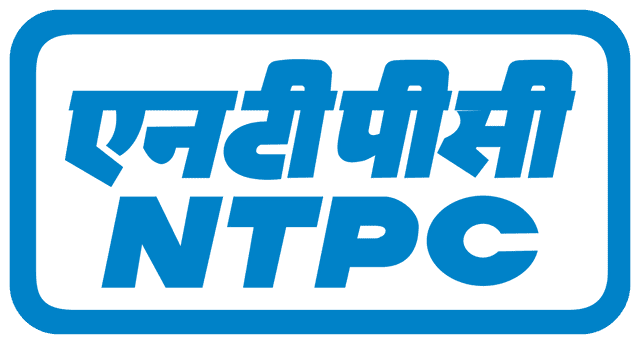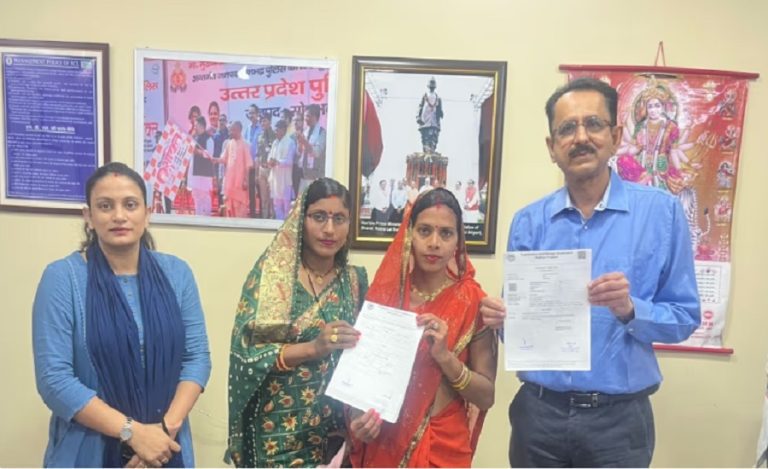Marking a significant step towards people-centric governance, Mr. Harsh Sanghavi, Deputy Chief Minister of Gujarat, has embarked on a two-day visit to villages located along the India-Pakistan border. The visit, which began on November 6, 2025, aims to conduct an extensive review of the region’s development and security, while directly engaging with local communities.
Recently elevated as Deputy Chief Minister, Mr. Sanghavi’s initiative focuses on bringing administrative leadership closer to the grassroots, especially in remote and strategic areas such as Kutch district, which shares a border with Pakistan.
Staying in Village Huts: A Symbol of Grassroots Governance
In a symbolic and empathetic gesture, Mr. Sanghavi and his team of senior officers have chosen to stay overnight in traditional village huts rather than official circuit houses or hotels. This deliberate move aims to capture the authentic rural experience, understand local challenges, and promote participatory governance.
According to an official release, Mr. Sanghavi instructed all senior officials to “immerse themselves in the real conditions of rural life” to gain firsthand insight into the issues faced by residents, including women and youth.
Security Review and Coordination with BSF
A key component of Mr. Sanghavi’s visit involves holding strategic meetings with Border Security Force (BSF) officials to evaluate the current security scenario and review anti-national activity prevention measures.
The discussions are expected to strengthen coordination between civil administration and border security agencies, ensuring robust monitoring and efficient patrolling along the international boundary.
Officials stated that these meetings would help the state government better understand operational challenges and potential development measures to enhance safety and security in the border belt.
Focus on Development: Health, Education, and Infrastructure
Beyond security, Mr. Sanghavi’s review focuses on improving basic infrastructure, healthcare, education, sanitation, and rural connectivity in the border villages. The Gujarat government aims to ensure that even the most remote habitations benefit from state and central development schemes.
During the visit, Mr. Sanghavi offered prayers at the historic Maa Ashapura Temple at Mata No Madh in Lakhpat taluka, reaffirming the cultural and spiritual significance of the region.
Engaging Communities: Dialogues with Locals, Women, and Youth
The Deputy CM’s delegation includes 30 senior IPS officers, each assigned to review two villages through direct interaction with residents. The officials will conduct meetings with sarpanchs, community leaders, and local groups to identify developmental gaps and gather actionable feedback.
Special sessions have also been planned to engage with women and youth, addressing issues such as employment opportunities, access to education, and social welfare programs. “Open-night discussions” will be held to understand local sentiments and explore practical solutions to on-ground challenges.
A Governance Model Rooted in Participation
The initiative highlights the Gujarat government’s new approach to governance—where policy planning begins at the grassroots. Mr. Sanghavi’s visit not only strengthens administrative presence in sensitive areas but also reinforces the government’s commitment to inclusive, secure, and sustainable rural development.
With its dual focus on border security and community welfare, the program is poised to become a model for participatory governance and regional empowerment across India.




























